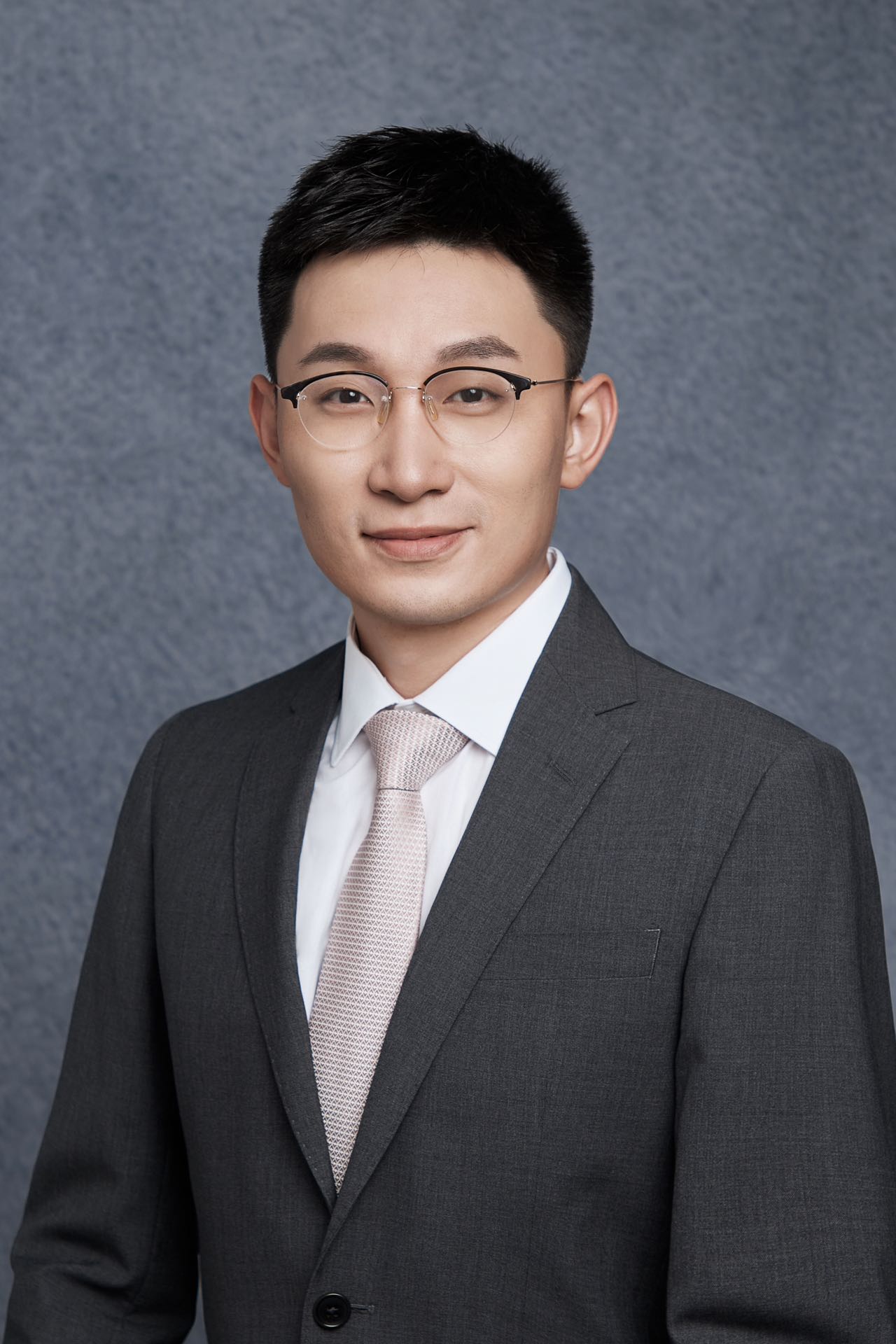Texas Tech Assistant Professor Secures $367,193.00 Grant to Advance AI-Powered Digital Twin Technology for Cardiovascular Innovation
Minliang Liu, an assistant professor in the Department of Mechanical Engineering at Texas Tech University, has been awarded a grant from the U.S. National Science Foundation (NSF) to support pioneering research into digital twin technologies for biomedical applications.

This award is part of a $6 million initiative by the NSF, in collaboration with the National Institutes of Health (NIH) and the Food and Drug Administration (FDA), to fund seven research projects through the Foundations for Digital Twins as Catalyzers of Biomedical Technological Innovation (FDT-BioTech) program. This initiative aims to establish the mathematical and computational foundations necessary for developing dynamic, AI-powered digital twins.
Liu’s research, conducted in collaboration with Liang Liang, an assistant professor from the University of Miami, focuses on creating machine learning-accelerated digital twin models to facilitate virtual clinical trials for cardiovascular medical devices.
“This grant will support the development of advanced AI-powered digital twin simulations,” Liu said. “These efforts will not only push the boundaries of regulatory science but also enhance our ability to evaluate and design cardiovascular medical devices in a safe, cost-effective, and controlled manner.”
Digital twins are virtual models that mirror their physical counterparts, updating in real-time based on incoming data. In healthcare, these models can revolutionize patient monitoring, treatment, and medical device evaluation. Liu’s project aims to tackle current limitations in digital twin technology, such as insufficient computational fidelity and efficiency.
The research will develop advanced computational methods to construct high-fidelity digital twins of patient hearts and cardiovascular medical devices. These methods will enable near-real-time simulations, significantly reducing the time and cost of clinical trials while ensuring safety and precision. These innovations will initially focus on left heart and aorta digital twins, with broader applications across cardiovascular diseases.
“My goal is to develop machine learning-accelerated digital twin models to facilitate virtual clinical trials and improve medical device designs. These efforts have the potential to transform regulatory science and ultimately advance the treatment of cardiovascular diseases,” Liu said.
The research team plans to demonstrate their computational methods through case studies involving devices such as Transcatheter Aortic Valve Replacement (TAVR) and Thoracic Endovascular Aortic Repair (TEVAR).
This grant highlights the department’s commitment to fostering cutting-edge research and positioning Texas Tech as a leader in biomedical innovation.
